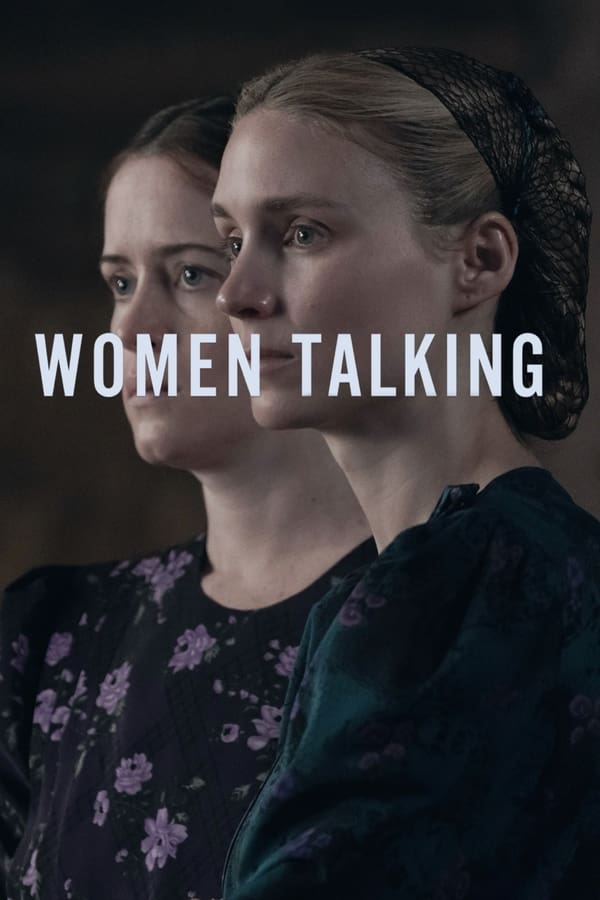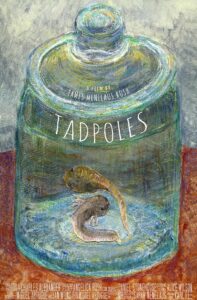Few films come with the power and suspense of Women Talking. For most Hollywood directors these days suspense must come from dramatic car chases or epic battle sequences. It almost feels like gone are the days when suspense could be generated from dialogue driven films such as Twelve Angry Men and To Kill A Mockingbird – and that is what makes Women Talking such a powerful film.
Yes, this maybe a dialogue heavy film with most of the ‘action’ taking place in one location yet somehow this film had me waiting with baited breath on every line and worried immensely about what was going to happen to the characters in front of me.
The film itself is set in a Mennonite colony that is pretty much closed off to the outside world. The events seen within the film begin when a young girl awakens and realizes that she has been raped. Soon the women of the colony realise that this is a systematic rape which sees the some of the men of the colony drug their victim with cow tranquilizers before raping them. Several of the men are caught and arrested but the women are then horrified when the men of the colony travel to the city to free them.
With the men gone for two days the women decide to meet hold a vote on what needs to be done – should nothing be done, should they stay and fight or should all the women leave. When the original vote is a tie between staying and fighting and leaving the women from three families meet in the barn to decide what course of action should be taken.
The women seem completely divided – Scarface Janz (Frances McDormand – Fargo) feels that nothing should be done and that the meeting is a waste of time while Salome (Claire Foy – First Man) and Mejal (Michelle McLeod – Honey Bee) feel that the women need to stay and fight.
When it is discovered that some others at the meeting feel the only option left is to leave it is decided that the only man to stay behind, the once expelled August (Ben Whishaw – Mary Poppins Returns), should help the women draw up a list of pros and cons for each decision. August is not only sensitive to what is happening to the women, but it is also obvious that he is in love with Ona (Rooney Mara – The Social Network) who herself is pregnant from a recent rape.
There are many factors that make Women Talking work so well. First of all, there is the amazing screenplay written by director Sarah Polley (Take This Waltz) and her co-writer Mirian Toews (Silent Light). This is a script that takes the audience on a journey that not only explores what happens to women within cults but is also the perfect metaphor for what happens to women who are forced to endure domestic violence and, in some cases, even the way that women are treated in general society. The power of this film is in the fact that it will get its message across because never once does it dip into that territory of feeling like the audience is being preached to. Instead, it draws its audience in and then just presents the facts right in front of them.
The second thing that makes the film work so well is the visionary style of Polley. With Women Talking being a film that at times feels like you are watching a piece of theatre rather than watching cinema Polley and her cinematographer Luc Montpellier (Away From Her) let their creativity come to the fore and give the film a washed out look that means at times it almost feels like you are watching a black and white film.
The last piece of the puzzle that makes Women Talking so brilliant are the performances. Rooney Mara and Claire Foy lead from the front but there are also some great performances from the likes of August Winter (Mary Kills People) who plays the damaged Melvin. Likewise Ben Whishaw puts in a powerful performance playing the awkward August – whom knows that there is very little chance of the situation working out in a way that is favourable to him.
Women Talking is an amazing film that makes a point without ever alienating its audience. While it maybe a film that will be enjoyed by those that like there films on a more artistic scale it is an important film that you can only hope is seen by a wide audience. The film not only has a lot to say about the world that we live in but announces that Sarah Polley is indeed a director that we all need to be taking notice of.
4.5/5 Stars






